A PDF version of this entry can be found here.
Anticipatory Self-Defence in International Law: The United Kingdom's Formulation of 'Imminence'
Ong Kuan Chung*
I. INTRODUCTION
On 11 January 2017, the United Kingdom’s Attorney General, the Rt Hon. Jeremy Wright QC MP, delivered a speech on ‘The Modern Law of Self-Defence’, outlining how the United Kingdom applies the rules of international law on self-defence against external threats.1 During that speech, the Attorney General endorsed the requirement of ‘imminence’ before proceeding to elaborate on the United Kingdom’s understanding of what amounts to an imminent armed attack.2
This article will focus on and examine the Attorney General’s speech in relation to the concept of ‘imminence’ and anticipatory self-defence and consider its implications. It is submitted that while the Attorney General’s endorsement of the requirement of ‘imminence’ is welcome, the lack of clarity surrounding the United Kingdom’s interpretation of the term ‘imminence’ leaves the right to anticipatory self-defence open to potential abuse.
II. THE MEANING OF ‘IMMINENCE’
As a starting point, while some commentators continue to maintain that any form of anticipatory action is unlawful unless an armed attack has already occurred,3 the Attorney General reiterated the United Kingdom’s long-standing view that Article 51 of the Charter of the United Nations permits a State to use force in self-defence against an imminent armed attack.4
The Attorney General then sets out a list of non-exhaustive factors which guides the United Kingdom in determining if an armed attack is imminent. These factors include: 5
- The nature and immediacy of the threat;
- The probability of an attack;
- Whether the anticipated attack is part of a concerted pattern of continued armed activity;
- The likely scale of the attack and the injury, loss or damage likely to result therefrom in the absence of mitigating action; and
- The likelihood that there will be other opportunities to undertake effective action in self-defense that may be expected to cause less serious collateral injury, loss or damage.
However, the Attorney General did not shed further light on these factors or why their adoption is justified, except to say that, ipse dixit, these are the “right factors to consider”.6
III. A LACK OF CLARITY
While the factors listed above enable us to better understand the United Kingdom’s decision-making process in determining if an armed attack is imminent, it fails to offer any meaningful insight as to how they should or have been applied in the past. In that regard, the Attorney General’s failure to clarify the meaning of ‘imminence’ arguably leaves the right to anticipatory self-defence open to abuse.
For example, in a hypothetical situation where France discovers that Switzerland has obtained and armed a nuclear missile in the direction of France, would Switzerland’s actions constitute an imminent armed attack? If we apply the factors listed above, one might conclude that this does not amount to an imminent armed attack because Switzerland is a notoriously neutral State, and therefore the probability of an attack is very slim. On the other hand, one might reason that this constitutes an imminent armed attack because the likely damage and loss France would suffer in the event of a nuclear attack would be massive.
For example, in a hypothetical situation where France discovers that Switzerland has obtained and armed a nuclear missile in the direction of France, would Switzerland’s actions constitute an imminent armed attack? If we apply the factors listed above, one might conclude that this does not amount to an imminent armed attack because Switzerland is a notoriously neutral State, and therefore the probability of an attack is very slim. On the other hand, one might reason that this constitutes an imminent armed attack because the likely damage and loss France would suffer in the event of a nuclear attack would be massive.
It is submitted that this potential divergence in interpretation is a consequence of a lack of clarity as to how the factors should be applied and if there are any factors which take precedence over another. As a result, the amount of discretion afforded by the United Kingdom’s list of factors gives rise to a risk of abuse of the right to anticipatory self-defence. For example, by claiming (or even exaggerating) the likelihood of massive loss and damage, a State would arguably be able to stretch the temporal aspect of ‘imminence’ almost indefinitely, thus rendering the requirement of ‘imminence’ moot. In doing so, the lawfulness of anticipatory self-defence comes into question as it begins to resemble the oft-criticised ‘Bush Doctrine’ of non-imminent or pre-emptive self-defence.7
IV. CONCLUSION
In conclusion, the Attorney General’s speech helpfully outlines the United Kingdom’s position in respect of several aspects of the right to self-defence and offers us various insights into the United Kingdom’s decision-making process. However, a lack of clarification with regard to the United Kingdom’s formulation of ‘imminence’ continues to leave the right to anticipatory self-defence in a state of uncertainty and susceptible to potential abuse. Nevertheless, the Attorney General’s articulation of an official United Kingdom position on the right to anticipatory self-defence should be commended. It is hoped that other States would similarly follow suit and provide greater clarity on this area of international law.
*The author graduated from the University of Tasmania before joining the dispute resolution practice at Drew & Napier LLC. He is currently pursuing his master's degree in law at the University of Oxford, with a strong focus on international dispute resolution.
[1] The Rt Hon. Jeremy Wright QC MP, “The Modern Law of Self-Defence” (Speech delivered at the International Institute for Strategic Studies, London, 11 January 2017), online: <http://www.ejiltalk.org/the-modern-law-of-self-defence/>.
[2] Ibid.
[3] See e.g., Olivier Corten, The Law Against War: The Prohibition on the Use of Force in Contemporary International Law (Hart, 2010) at 407.
[4] Wright, supra note 1.
[5] Wright, supra note 1.
[6] Wright, supra note 1.
[7] Christine Gray, International Law and the Use of Force, 3rd ed (Oxford University Press, 2008) at 209.
